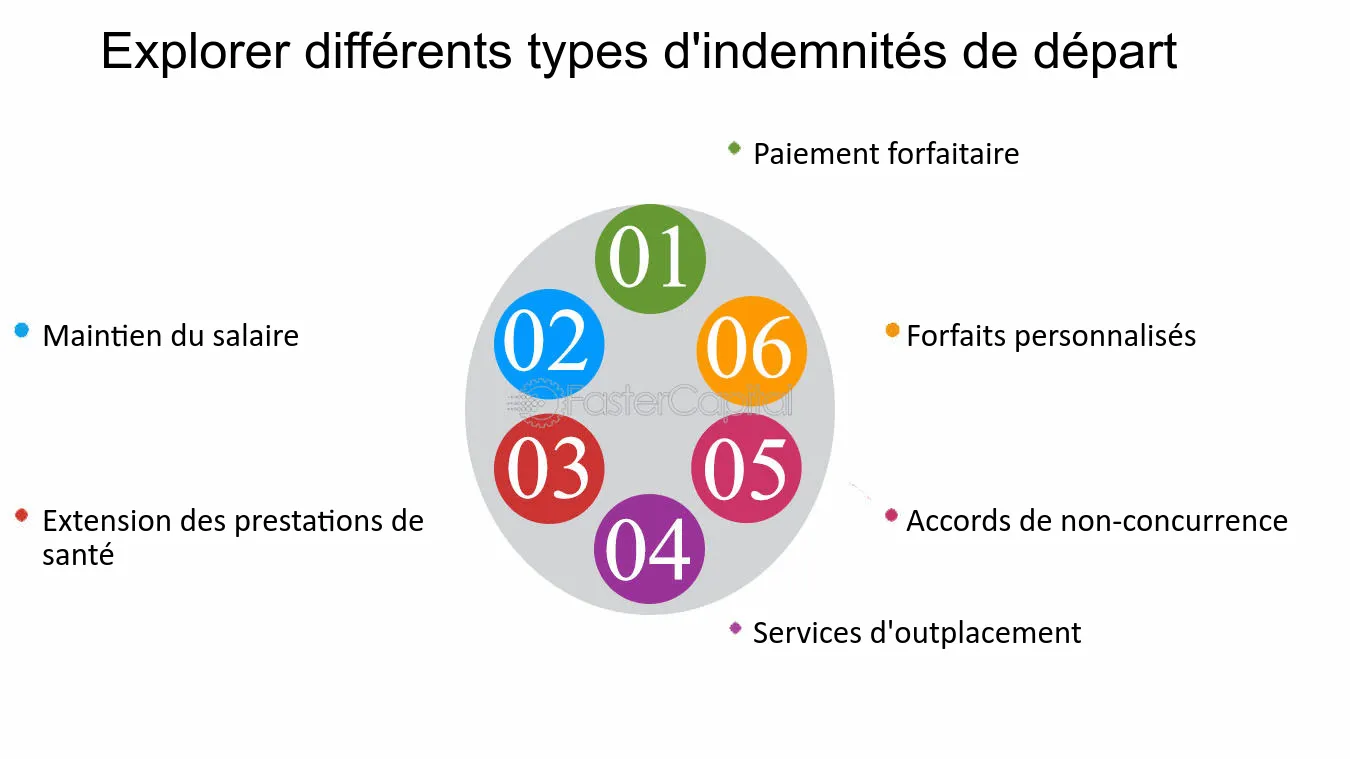Every year, thousands of workers face the ordeal of leaving their companies, which can be easily verified by Statistics Canada. At the heart of this often emotionally charged event is a crucial issue: that of severance packages. It is not just a number on a cheque; It is the symbol of a transition, the reflection of a career and often, the key to a serene future. Understanding the ins and outs of severance pay is therefore essential to ensure a just transition and protect your rights. Navigating the maze of company policies, legislation and collective agreements can be a real headache. But this guide (and our employment lawyers) is here to light your way. He will accompany you step by step towards a clear and precise understanding of your rights and the practices to adopt to secure your professional future after leaving. In the following lines, we will detail the legal aspects (the laws that govern compensation), the complex calculations (how are they estimated?), the possible negotiations (how do you get what you deserve?), as well as the tax implications (how much of the province’s share?).
Understanding the legal bases
Severance pay is not random generosity; They are based on a strict legal framework. In France, for example, the Labor Code defines precisely under which circumstances an employee is eligible for severance pay. It is crucial to know these conditions to be sure that you are getting what you are owed. The minimum amount of compensation is also regulated. However, each collective agreement may provide for more favourable provisions. The first step is to consult these texts to find out where you stand. Sometimes, a distinction must be made between economic, personal or serious misconduct dismissals; each with its own rules. It is also important to understand that certain elements can influence your rights: seniority, size of the company, reason for dismissal, etc. These factors determine not only eligibility but also the calculation of the final amount of severance pay. Addressing these aspects may seem tedious, but it is the guarantee of a just transition that complies with the regulations in force.
Assessment and calculation of benefits
How is this famous sum calculated? The answer lies in a formula that takes into account several variables: reference salary, seniority, etc. The salary taken into account generally includes the average of the last months worked (often twelve or three depending on the case), including bonuses and various benefits. Seniority also plays a major role: the more time you have spent with the company, the more the compensation tends to increase. Some thresholds sometimes even make it possible to reach significant milestones in the final calculation. Be careful, however: there is often a ceiling beyond which the allowance does not increase… For those in atypical situations (senior executives, senior executives), the situation may be different; Their contracts often include specific clauses (“Golden Parachutes”, for example). It is then advisable to carefully study your individual contract or… To call on a specialized legal advisor to navigate these murkier waters.
Negotiation of terms
The law lays a foundation but nothing prevents us from going beyond that. Compensation can be negotiated between the employer and the employee. To approach this stage with confidence, you need to know your value on the job market as well as your professional assets. It is also a good idea to keep in mind the current practices within the industry regarding allowances: this will ensure that there is a solid basis for discussions. Being accompanied by a union representative or a specialized lawyer can be a profitable strategy to enhance your arguments. Even if the situation may seem tense, always keep in mind that the negotiation must remain cordial… A conflictual breakup could affect your professional reputation (not to mention the stress it causes). The idea? Find common ground that respects your rights while taking into account the economic situation of the company.
Tax Considerations
Compensation received upon departure is not exempt from tax implications… Depending on their nature and amount, they may be subject to income tax or benefit from partial or total exemptions. Tax rules are complex; It is therefore advisable to find out precisely to avoid any unpleasant surprises during the annual declaration. Some schemes even encourage the implementation of a plan for your professional future (such as the PSE – Employment Safeguard Plan). These measures can offer significant tax advantages while facilitating your retraining or early retirement… Finally, consider consulting a chartered accountant or a tax specialist; They will be able to guide you towards the best options according to your personal situation and thus optimize your “net” after tax. Tailor-made support can make all the difference…
After departure: managing your allowance
Once the compensation has been received, the question then arises: how to manage this sum properly? It often represents several months or even years of salary; Its use must therefore be carefully thought out so that it best serves your future interests. Real estate investment, setting up a business, financial investment. The options are varied but must be chosen according to the risk-return profile specific to each individual. Consulting a financial advisor can be a good idea to make the right decisions. And above all… Remember, this is a stepping stone to your next professional chapter! Whether it is to finance a qualifying training course or simply to make a new start elsewhere – this sum must be considered as a unique opportunity to build tomorrow with ambition and confidence…



